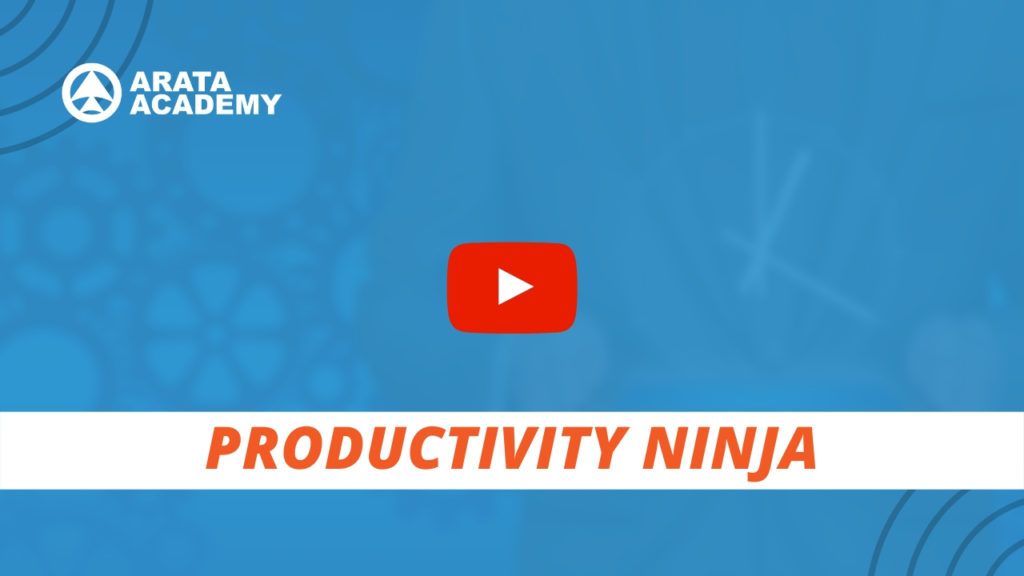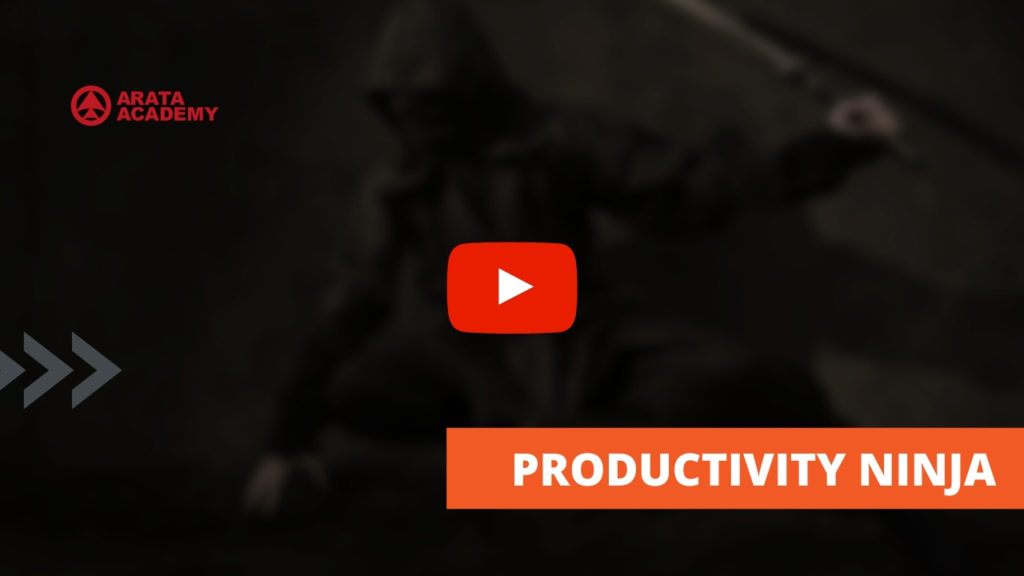Hello! Seiiti Arata. There’s something special about bold goals. They are decisions that can change your life, to put your world on its head and basically turn you into a new person.
A good example is when you commit yourself and say “From now on, I will stop eating candies. No more sugary drinks, and I will cut white flour out of my diet.” It is different from just saying “I will reduce my sugar consumption” – when you commit yourself to stop doing something forever, you’re setting yourself a bold goal. It may be a bit unrealistic, but it is for sure audacious and bold. After all, these foods are all around us, especially at parties and social gatherings, aren’t they? So, it’s quite a challenge.
1. Understand the effect of repeated actions.
Let me tell you something: what caused that fat belly is not that slice of cake you ate at Aunt Mary’s birthday party. Being fat and out of shape is the result of repeated actions. It is due to a constant bad diet and lack of exercise for days, months, and years.
When you say to yourself that you will study all day, that you will get up at six in the morning and that you will study until midnight, you are also setting a bold goal. It is not easy to maintain concentration for so long. So, if you go on a study marathon, without any rest, the performance of your studies will decrease significantly throughout the day.
In this case, what will make the difference in the quality of your learning is not just a single day of intense study. But what will make the difference is building a consistent habit of studying.
Your brain will get used to repeatedly establishing and strengthening associations between the different ideas and concepts that you need to learn.
Of course, audacity has an important value. It inspires us, keeps us motivated and helps us to have a vision of the potential we have and how wonderful our future can be. This plays a very important role in achieving your goals.
You need to get this clear to avoid being carried away by the now because of the idealized image of the quick results.
It is important to remember that to build a solid attitude, we must go through a tedious, repetitive process, that can make us feel desperate at times. But if we are consistent in our effort, and we work hard enough, we will be able to see the results after some time.
There is an important stage within this process, known as “the plateau”, when it might seem that we are not achieving anything, and we are not getting any progress. Thus, some people get frustrated at this point. However, this is in fact a very important stage, and being able to deal with it will help us to improve our quality of life in the future. It is at this point that we consolidate our skills and acquire the resources we need to level up.
Beware of the pitfalls of consumer society.
We are constantly getting promises of quick money and immediate results, everywhere. It is an appealing philosophy: buy now, pay later, or, like I prefer to say, borrow now, pay the debt later.
In a very subtle way, they sell us the idea of exotic and flamboyant jobs, such as the figure of the traveling businessman – they do not show us the boring parts that are needed to build good habits, such as what the labor worker does.
We have got to understand that there is no progress without “plateau” stage. In simpler words: no pain, no gain. What you will need is to find a guaranteed system that teaches you how to deal with, and enjoy the “plateau”, to find pleasure in this period of constant practice, and to learn that habits are part of our lives.
Ideas motivated only by bursts of boldness are hardly likely to carry on and develop into something big. That’s why a lot of people many times start projects, but cannot keep up with them and end up putting them away.
Their idea was fueled by an initial excitement and enthusiasm, but due to a lack of habits – such as persistence and consistency – the project soon lost its momentum and it couldn’t grow into something great.
After spending the necessary time on the plateau, we will have another stage of results and growth. And from there we will find a series of new difficulties that we must face during the next plateau.
I’ll give you two tips to keep the necessary consistency to achieve your goals.
First Tip: Keep an eye on the difficulty of your plan.
You may not want to do simple things that make you get bored, but also may not want to do something so difficult you will make you end up feeling frustrated. So, you must find a middle point.
When doing one of these activities, ask yourself: “Did I achieve my goal?” If you didn’t, try something easier the next time. If achieved your goal, move on to the next level and try something a bit harder.
Ideally, the difficulty should increase slightly in each practice session, this will ensure you keep progressing and improving.
For example, if you are trying to learn Mandarin and you already can write perfectly all the ideograms you have been practicing, it means you need to move on to the next set of ideograms because you are just repeating the ideograms you already know very well.
It’s time to learn new words and ideograms. However, if you cannot catch up with the next set, perhaps you should go take some steps back. The progress should be progressive, little by little.
Second Tip: Get in touch with people who have gone the same way you are going.
Many of the technical and emotional difficulties that you will face have already been overcome by others who are now experts in the field.
They can tell you how they dealt with these difficulties. Just to know that you are not alone can be very comforting.
That is why it’s a great joy to me to post videos on YouTube. Note that in the Arata Academy channel we have videos regarding several topics on personal and professional development.
Some of our videos are extremely basic, others are more advanced. When you come across one of the simpler videos, and you with people supporting your issues, you realize you are not the only one struggling to understand basic concepts.
This way you avoid the self-criticism and shame we usually feel when we have an “absurd” question. Everyone starts from zero, and there is no reason to be ashamed of it.
However, despite this internet advantage, you should be careful: do not compare yourself to people have already achieved an advanced level, because you don’t know how many things they have gone through to get to where they are.
Take advantage of the enthusiasm and boldness to set up great goals. And understand that you cannot rely solely on this enthusiasm to carry out your plans. You will also need to develop persistence and perseverance to be consistent.
As you create your plans and practice sessions to refine and improve your skills, watch out for the optimal level of difficulty for you to strive to improve and achieve results.
Whenever possible, get in touch with experts, who can save a lot of time by sharing tips and giving you some emotional comfort so you don’t give up.
You can also count on me and the entire Arata Academy team.
Now, I’d like to make you a different invitation. I want you to visit our contact page and write to us. Tell us a little about what your dreams, goals and difficulties to achieve them are.
Please do not use YouTube comments for this. This is the link to our official interaction channel. http://arata.se/contato

